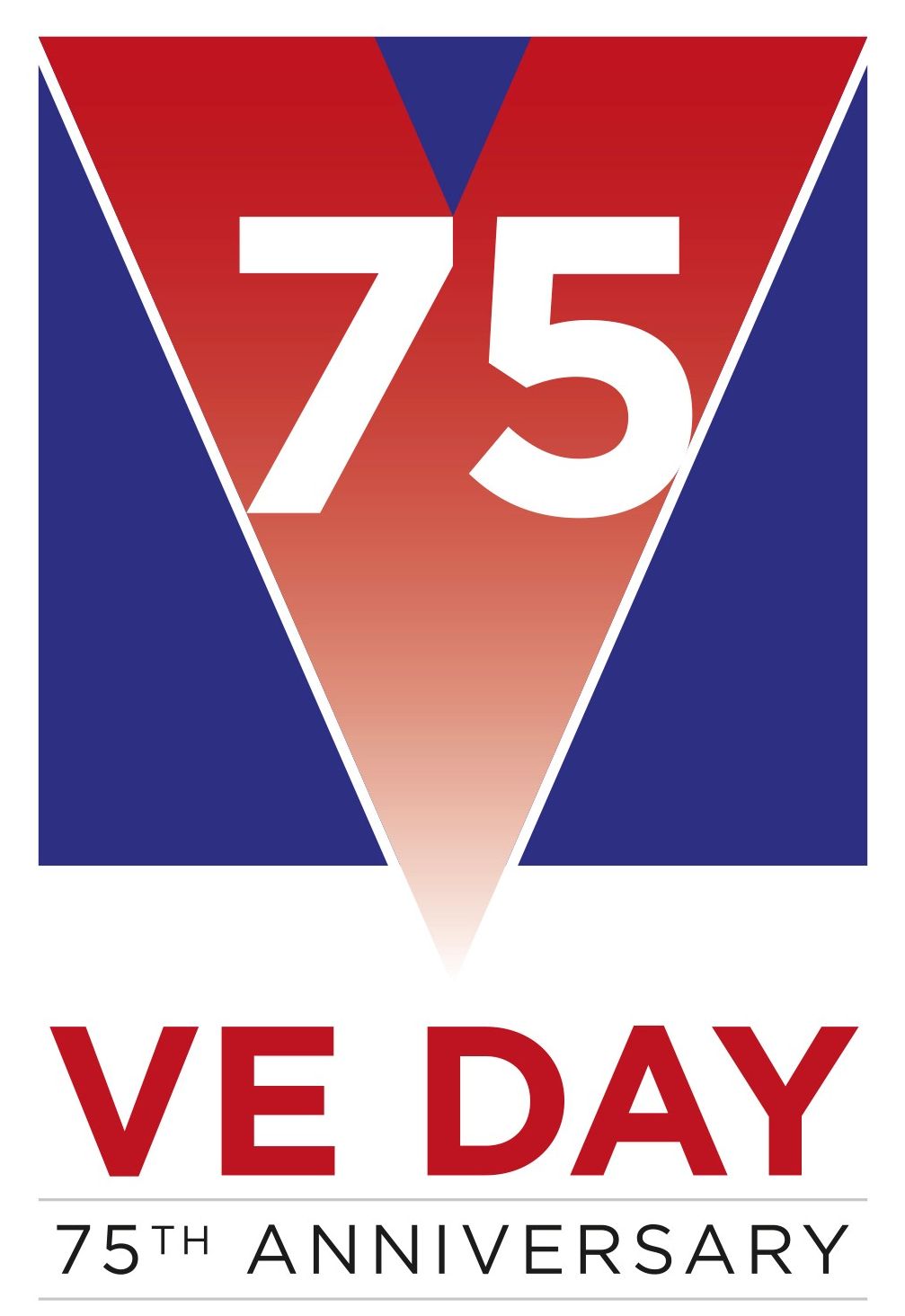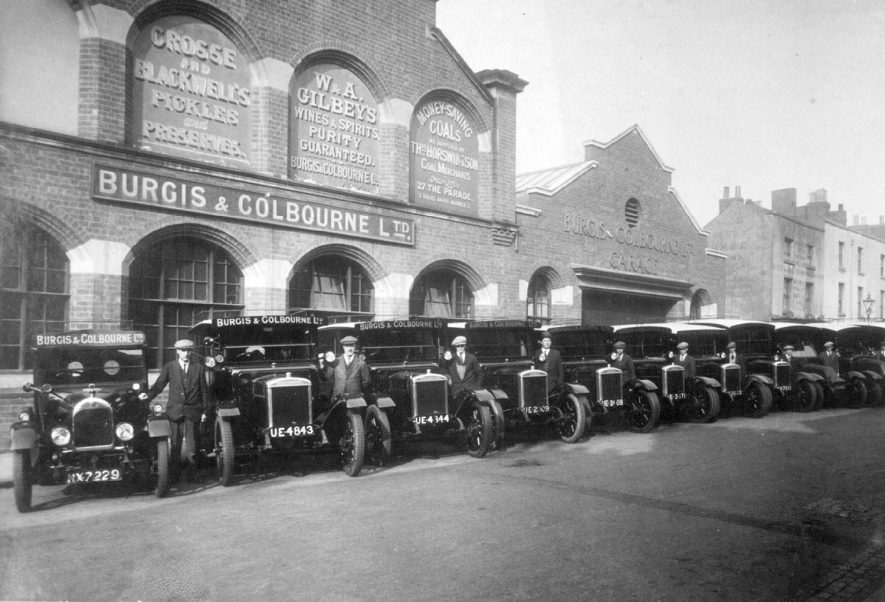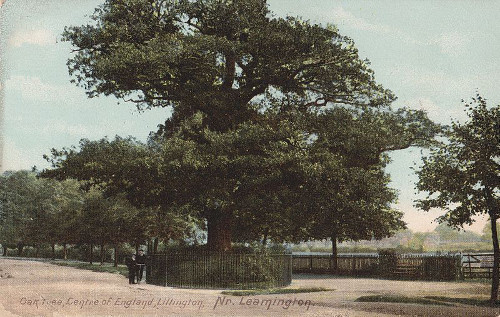VE Day
Memories of Victory in Europe Day, 8th May, 1945.
On VE Day the street lights came back on after the blackout. I was six years old and had never seen a working street light. There was one outside our house in Bath and I and my older brother joined hands and danced around it.
Jeff Burgess

My parents used to talk about going with both sets of my grandparents to the Town Hall, to join the celebrations. The Leamington Courier of 11th May, 1945 reported that young people thronged the Parade and were still singing “Land of Hope and Glory” at midnight.
Linda Reidy

I am seven years old. We are living somewhere in Hampshire. My father is away in the RAF. We have a radio set in the kitchen. It has a big wooden cabinet, three knobs and a tiny dial in a recess. The cable is brown and twisted. I often stare at the fretwork panel where the sound comes from behind a brown cloth. My mother tells me that before the war some radios had moving pictures to match the sound. I try to imagine it.
My mother wakes me up. I have to listen to the radio. "This is very special," she says. "Mr Churchill is saying the war is over. You've got to remember this moment. It's very important."
I remember.
Chris Rhodes

I remember being just short of the age of three, and taken out of bed by my mum (Dad was in France, in Air-Sea Rescue with the RAF) wrapped in a travelling rug and carried outside to see all the lights.
Shining out in the dark, there were rows and rows of big white electric light bulbs on a huge brick building at the far end of the long street where we lived. I didn't know until I started school and could read for myself that the bulbs spelled out the name of a small factory where screws and hinges and things were made.
We still have the dark green and brown tartan rug, falling apart by now, and draped over an old schooldesk, in the garage. I rescued it when we emptied my mother’s house, a long time ago now, just because it was part of such a vivid memory. Me, the rug and the big white light bulbs.
Margaret Rushton

I remember going with my mother and Granny and Grandad in Grandad’s car from our home at Whatstandwell to Matlock. My father was still overseas in the Military Police. It was light on the way there. There was dancing in the bandstand in the gardens, which I thought was odd as the band was down on the wide path around it instead of inside the bandstand. It was dark by the time we went home, and we sang ‘One man went to mow’ in the car. I was five years old.
Marion Taulbut (née Else)

On VE day I was twelve years old. We were living in Gomer Lane on the edge of Gosport in Hampshire. My father’s ship, HMS Diadem, was back home, but he had been admitted to Haslar Hospital a few days before with a stomach ulcer. A friend and I spent the morning exploring around the Palmerston fort opposite my house, listening to the sirens of all the ships in the Solent which sounded continuously all morning. I remember thinking, ‘It’s all over and we’re still alive.’
Later, my mother and I visited my father at Haslar, then in the afternoon we had a bonfire in the garden at home and burnt a small Swastika flag on the top. In the evening we walked about a mile to Alverstoke village - in a field opposite the church there was a bonfire, big enough to light up the Union Flag on the top of the tower. ‘It’s still flying,’ was the thought that has stayed with me ever since.
Derek Taulbut

I don’t remember VE Day, but I have a letter from my mother, Joan, to my father Josef, serving abroad with the Czech Army, relating the Leamington celebrations.
My mother’s family lived in Chandos Street, where they had a small shop. They hung out bunting and flags - there was lots to celebrate. I was about to be one, and Mother's cousin, Sid Foley, had made a sudden reappearance. With his two brothers, Sid had been brought up by my mother’s parents when they were left orphaned, and they served in the army during the war. Sid had been taken prisoner by the Germans and sent to a PoW camp to work in a salt mine in the east. A letter to Sid had been returned marked, 'Believed missing, presumed dead,' and then just before the war ended, with other PoWs, Sid was repatriated. Then there was VE Day, so the bunting stayed up for a while.
With friends and family, the Garretts (my mother's family) walked into Leamington to see the bunting and flags on the shops. On VE Day itself, there was a children's party in the Burgis & Colbourne Garage on Chandos Street (the site is now a car park). Afterwards, the children played out in the street. A dance band was hired, and the grown ups danced the night away.

Mike Kalas

My Mum and Dad did not do much celebrating on VE day. My Dad served in the Royal Warwickshire Regiment and had been taken prisoner in France in early 1940. He was a POW for approximately 6 years.
When the German army knew they were losing the war, they took all POW's on a forced march through Germany, Czechoslovakia, and Poland. Many of the men were weak through lack of good food, and the weather at the beginning was icy cold. Also some were not as young as my Dad, who was only 20 at the outbreak of war. Some were not physically able to continue and fell by the wayside and either died, were shot or just left where they fell. Dad may still have been on this march when they were liberated, as I believe it carried on for at least 3 months, all the while the Americans and Russians were advancing. This march was referred to as the Long March (not to be confused with the Death March which many Jews were also enduring at the same time which I believe was horrific).
Dad did not come home until July/August 1945. My mum was in the ATS and she was based at Budbrooke Barracks, Warwick, where she was a cook. Although glad the war was over, she was still anxious over Dad and when he would return.
When he finally came back she wrote to his commanding officer requesting his immediate release from the army, which was granted, so he was allowed to come home earlier than his companions. This meant he was denied the chance of a demob suit. This became a running joke at many a family gathering, how mum had robbed him of this. She in turn would tell everyone how she only married him for his money, as at the outbreak of war he persuaded her to marry him promising her his wages while in army, which she duly received, although for 3 months she received a widow’s pension as she had received a telegram, 'Missing presumed killed in action.' She found out he was a POW when it was announced on the radio by Lord Haw Haw.
Barbara Blackwell

